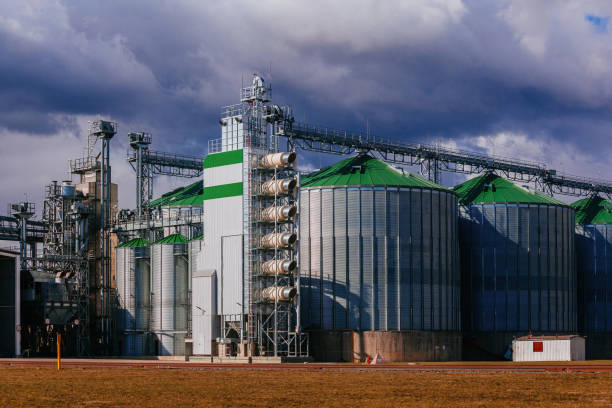Propane-Powered Irrigation Engines: Advantages for Agriculture Producers
Agriculture producers in the Midwest are anticipating a normal growing season and grain drying year in 2023 based on corn planting dates. This dry spring presents an excellent opportunity for marketers to educate farmers about the numerous benefits of choosing propane irrigation engines when upgrading or replacing outdated equipment. Compared to diesel-powered engines, propane units… Continue reading Propane-Powered Irrigation Engines: Advantages for Agriculture Producers

